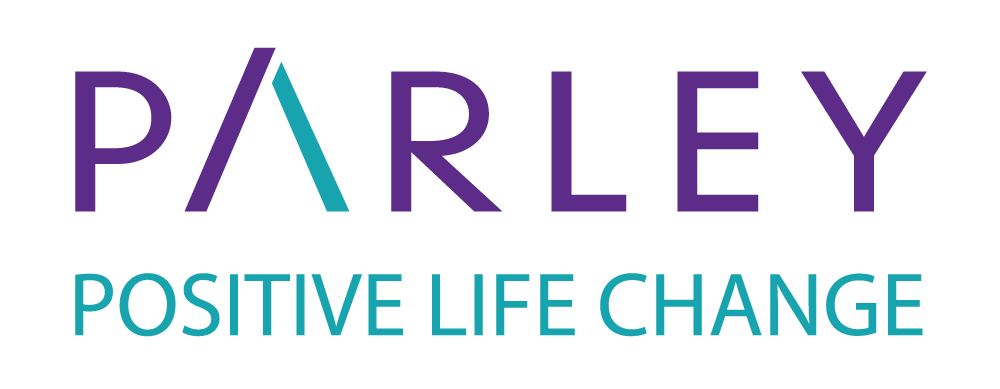It is challenging to explain Behaviour Analysis without using scientific principles because unlike other therapies the practice is based purely in science rather than in social theories. If you are curious and don’t mind science, read-on, and I will try to explain in plain language.
Our successful outcomes depend on our ability to appropriately identify the variables that come into play with an individual’s behaviours and control for those variables using the feedback of ongoing data analysis.
The defining characteristics of the practice of Applied Behaviour Analysis (ABA) include:
- Applied – we must address socially important behaviours that improve a person’s life in a meaningful way for them.
- Behavioural- we must objectively (unbiased and based on observable evidence only) discover the actions, interactions or reactions that are measurable and must be changed. Another way to look at it is we must discover the functional behaviour, rather than just the symptoms of it as a problem.
- Analytic – We must figure out the functional relationships with the behaviour and the variables that affect it, such that we can demonstrate them through measurement in a reliable and valid way. In other words we must be able to reliably demonstrate the accuracy our assessment in an empirical way over time.
- Technological – The behaviour change procedures that we use must be operationalized and replicable. That means we have exact definitions of each variable, and can describe the functional relations, such that someone else can use the procedure in the same circumstances. Fortunately we have collected thousands of technically sound procedures to draw on, which is why we say we have a technology rather than a theorized process.
- Conceptually systematic – Even though we have a large technology of tactics and interventions to change behaviour, we must make sure that those procedures fit within the principles of behavioural science. Human behaviour is incredibly complex in how it manifests in each person, but the laws governing it are elegantly simple. We must ensure that we do not stray from those laws or we have nothing but a “collection of tricks” that does not support an evidence-based discipline.
- Effective – This is the part where we only do what works, and do not waste time on wishful thinking. We follow our data and are only invested in the evidence of demonstrated, successful outcomes. We are pragmatists.
- Generality – We must ensure that any behaviour change can and will last over time and be demonstrated outside of the specific treatment situation. If change only occurs in the therapeutic situation then it is not meaningful change.
The practice of ABA is a powerful tool for change. Therefore the characteristics of accountability and transparency are ethically required of Behaviour Analysts. Finally, we must ensure that we create plans and procedures that are doable, empowering and optimistic. A good Behaviour Analyst has science in their head, and humanism and social justice in their heart.

